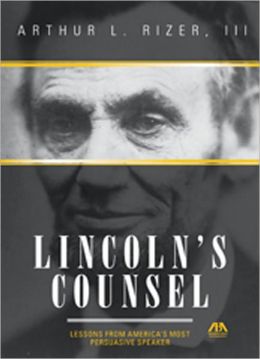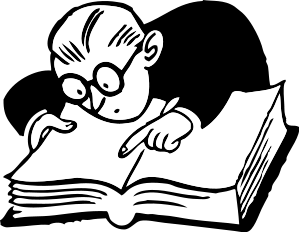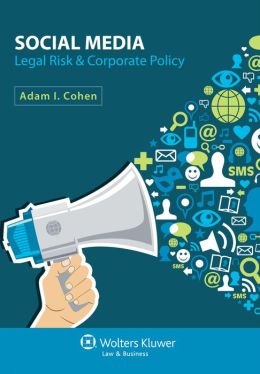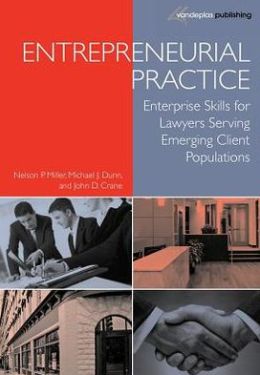Brooklyn Law School Library’s latest New Books List with its 55 items is now available thanks to the efforts of Cataloging Librarian Jeff Gabel. The titles on the list cover a wide range of subjects from abortion law and legislation to corporation law, from criminal justice to labor law, and from social media to rent control in New York.
 One title of practical interest to law students is Law School Lowdown: Secrets of Success from the Application Process to Landing the First Job (Call # KF283 .S37 2013) by Ian E. Scott. The author, a New York attorney and graduate of Harvard Law School, successfully completed the New York and New Jersey bar examinations and worked at Cleary Gottlieb’s litigation and corporate groups. Since then, he opened his own law practice, Scott Legal Services, P.C., which specializes in new business setup and business immigration.
One title of practical interest to law students is Law School Lowdown: Secrets of Success from the Application Process to Landing the First Job (Call # KF283 .S37 2013) by Ian E. Scott. The author, a New York attorney and graduate of Harvard Law School, successfully completed the New York and New Jersey bar examinations and worked at Cleary Gottlieb’s litigation and corporate groups. Since then, he opened his own law practice, Scott Legal Services, P.C., which specializes in new business setup and business immigration.
This practical guide for success has tips on pitfalls to avoid and serves as a blueprint for legal accomplishment on a number of topics including:
- The law school application process and tips on taking the important Law School Admission Test (LSAT)
- Selecting a law school, applying for scholarships, and deciding between top-ranked and lower-ranked schools
- Making the grade during that vital first year at law school
- The best courses to take in second and third years
- The advantages of publishing papers while in law school
- Seeking out summer positions at law firms
- Taking and passing state bar exams
- Finding employment at a law firm after graduation
- Other post-law school options, including judicial clerkships
The book’s useful appendices has yet more advice, and includes a completed model law school application form, effective résumés, and a model brief of a case for class. Based on his own law school experiences, Law School Lowdown addresses both the rigors and satisfactions that comprise the law school experience, offering the advice to will pave the way to a successful career in law. A companion blog called Law School Lowdown: The Site for Practical Law School Success Tips offers additional advice.


 The Gettysburg Address still matters today. Brooklyn Law School Library’s copy of
The Gettysburg Address still matters today. Brooklyn Law School Library’s copy of 
 High school students are not the only ones who need to exercise discretion when using social media. Touro Law School Assistant Professor of Law Jonathan Ezor’s PowerPoint presentation
High school students are not the only ones who need to exercise discretion when using social media. Touro Law School Assistant Professor of Law Jonathan Ezor’s PowerPoint presentation 
 The BLS Library has in its collection
The BLS Library has in its collection 